Usability Study
OpenELIS Geographic Coverage
46 Reference + Clinical Labs in Cote d’Ivoire
41 Reference + Clinical Labs in Haiti
20 Clinical Labs in Vietnam
50-70 Bahmni OpenELIS Global Implementations in 14 countries
OpenELIS is an open-source, laboratory information system designed for middle to low-resource settings. Used for COVID tests, and common biospecimen in a number of reference, and clinical labs located in Haiti, Cote d'Ivoire, and Vietnam.
OpenELIS is available in 3 languages, English, French and Vietnamese. The overall goal of OpenELIS is to support laboratory services and test results from high volume clinical and reference laboratories. OpenELIS is supported by UW Digital Initiatives Group at the International Training and Education Center for Health.
UX Research & Design
YEAR: 2021
Beth Dunbar
Austin Kohnle
Jisu Park
Figma
Miro
Zoom
Google Suite
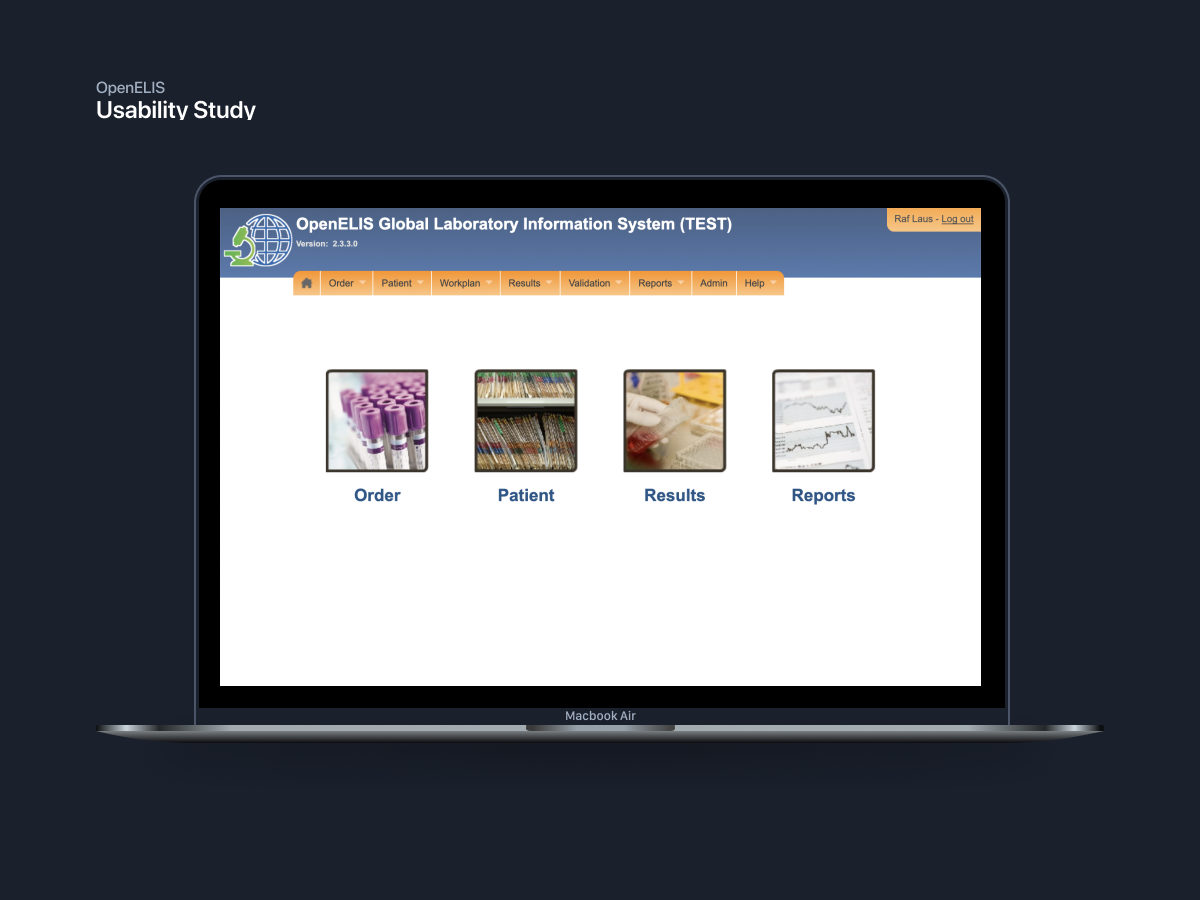
In terms of the scope of my work in this project, I contributed to all the aspects and milestones including study design, creating screeners and questionnaires, recruiting, usability test protocols and scripts, moderating user interviews, data collection, tabulation, and mixed methods data analysis.
Collaborated with OpenELIS stakehoders and fellow researchers in building preliminary screeners and questionnaires for potential users. I also designed usability test protocols and wrote scripts.
Interviewed laboratory technicians and moderated physician usability tests. Collected data through video recordings, pre-and post task questionnaires.
Coding qualitative themes and key insights using Affinity Mapping. Analyzing test results using System Usability Scale (SUS), and Net Promoter Scores (NPS). Synthesized results, and prioritized usability issues.
The OpenELIS project team & developers requested a usability study to obtain formal user feedback for the first time. The stakeholders wanted to understand how to optimize software features, with specific interests in the two main areas of the software: lab ordering and results entry. Thus the usability was study aimed to:
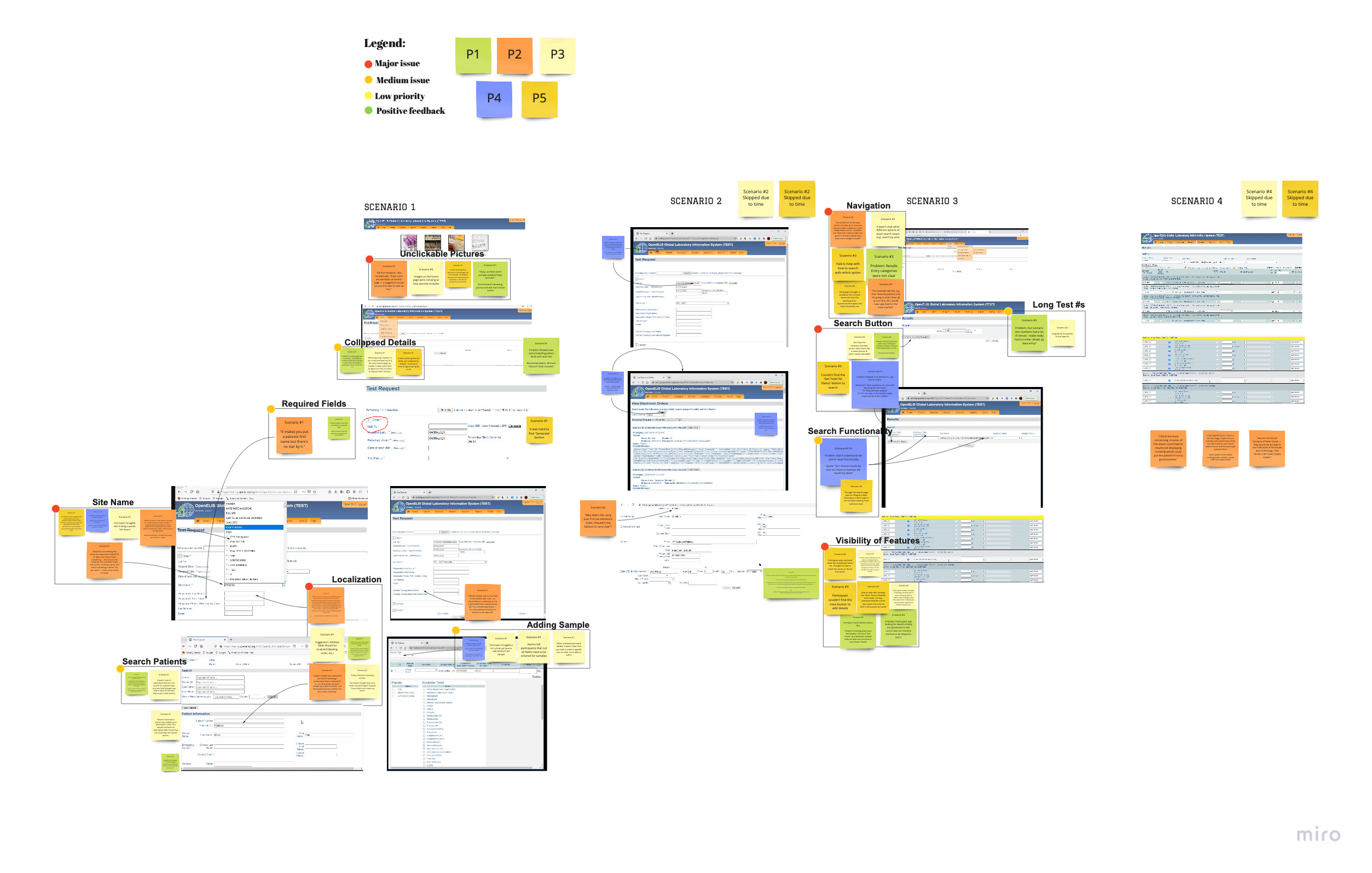
Affinity diagrams to find key insights
Critical: 4-5 participants reported it and led to task failure/leads to user irritation
Moderate: 2-3 participants, caused occasional failure delay or moderate irritation
Minor: 1 participant, caused some hesitation or slight irritation
Insight/Suggestion/Positive: Users mentioned idea or observation that does or could enhance the overall experience.
We interviewed, and tested the OpenELIS softwate with physicians and clinical laboratory techs in Seattle, and Cote d'Ivoire.
Physicians and licensed clinical laboratory managers are the primary target users who often oversee reference, and clinical labs. These are normally the super users who have more experience, with the capabilities of training a novice user.
Laboratory technicians who either retrieve or input lab results are the secondary users. These users have limited or no experience with laboratory information systems.
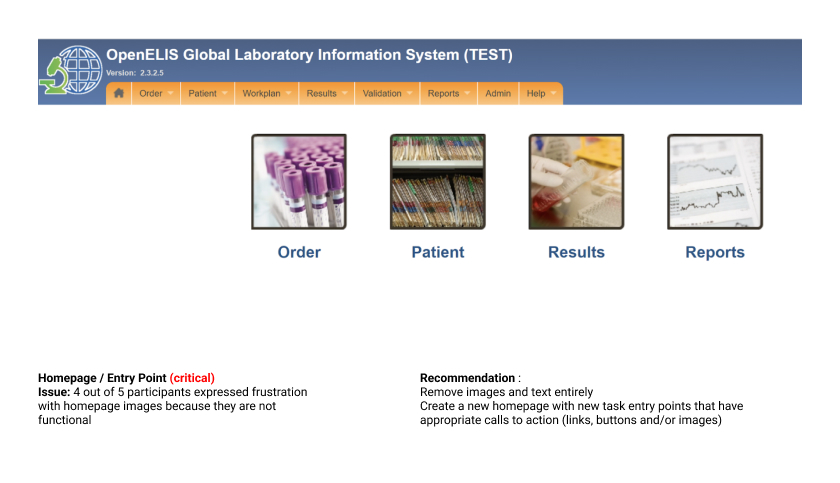
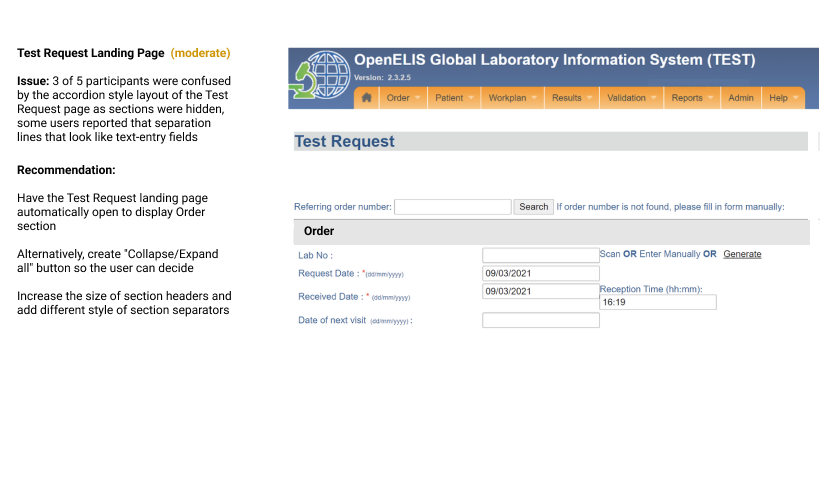
From semi-structured interviews and post-test SUS surveys with five participants (3 new users / 2 existing users) from four countries, United States, Haiti, Malawi, and Cote d'Ivoire.
Software is functional (after a learning curve)
Users report moderate to high ease of use
Navigation
Home Page / Entry Point (critical)
Test Request Landing Page (moderate)
Localization
Test Sample Site Name (critical)
Test Requester features (moderate)
Discoverability
Sample Type Selection (critical)
Search Buttons (critical)
my projects
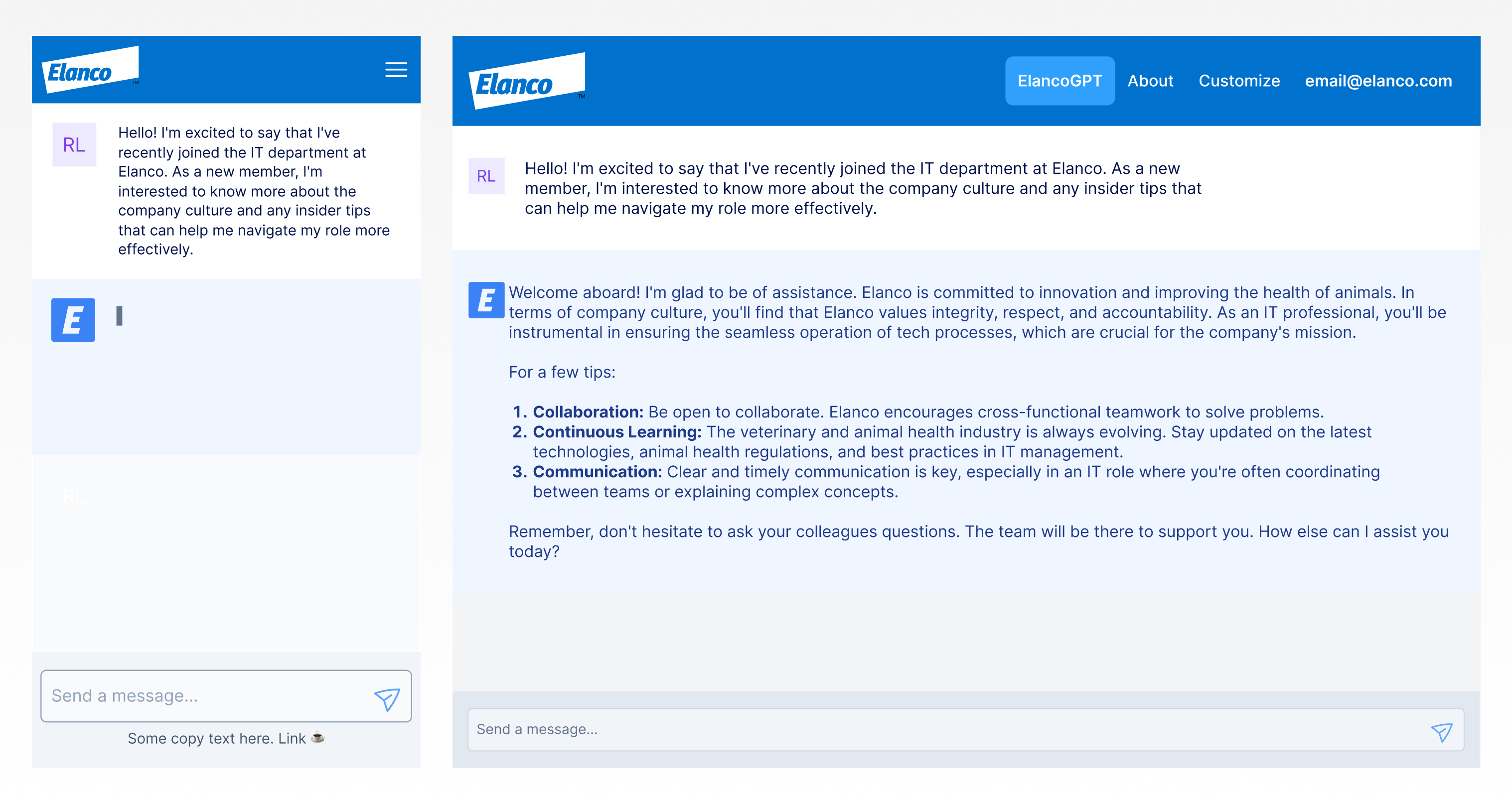
ElancoGPTML/AI, Design System, Enterprise, Decision Support, Zero to One
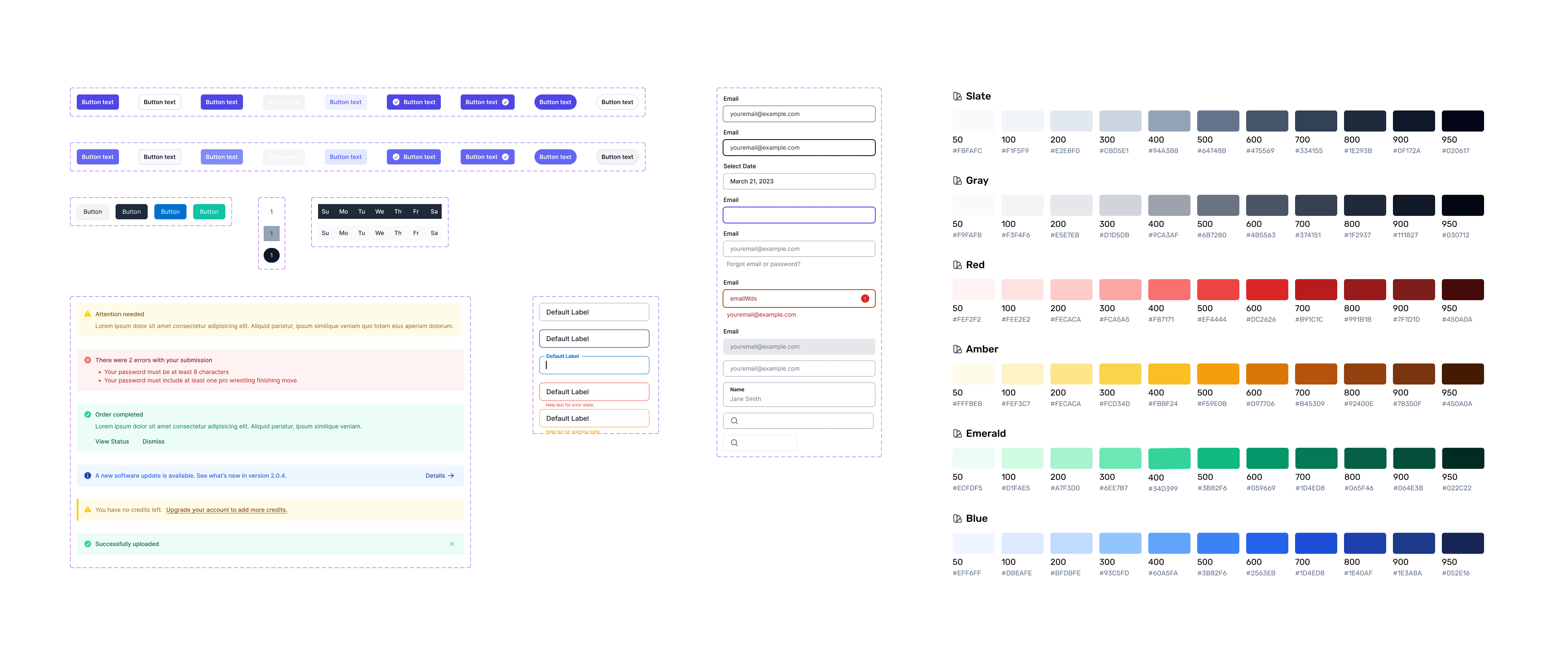
Elanco Component LibraryFoundational UI Elements, UI Framework, Corporate Branding, Style Guide

Continuous DiscoveryDiscovery, Generative, Evaluative Research, Problem / Solution Space, Process
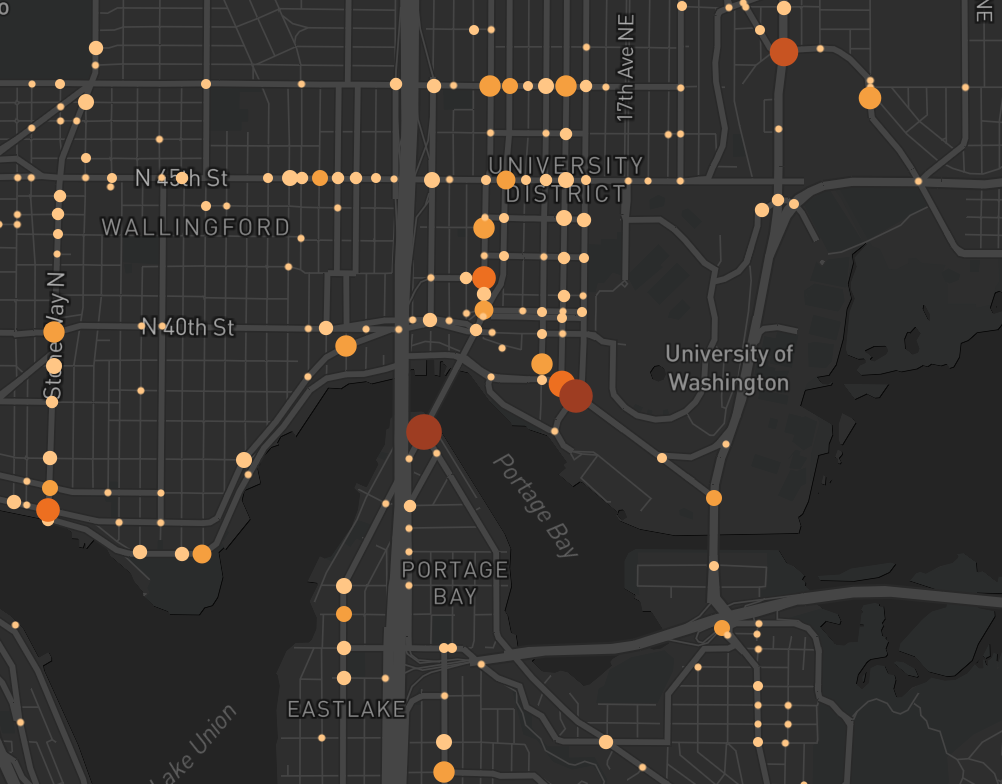
Cycle Safe SeattleData Visualization, Interaction Design, Data Storytelling
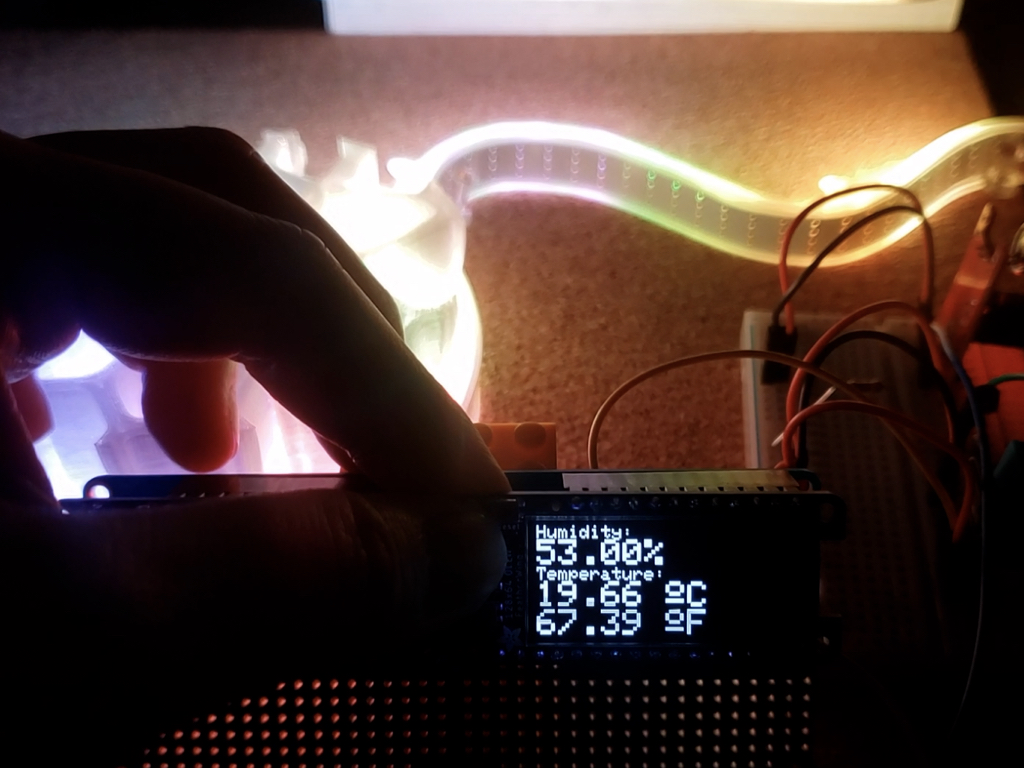
MossiPhysical Computing & Prototyping
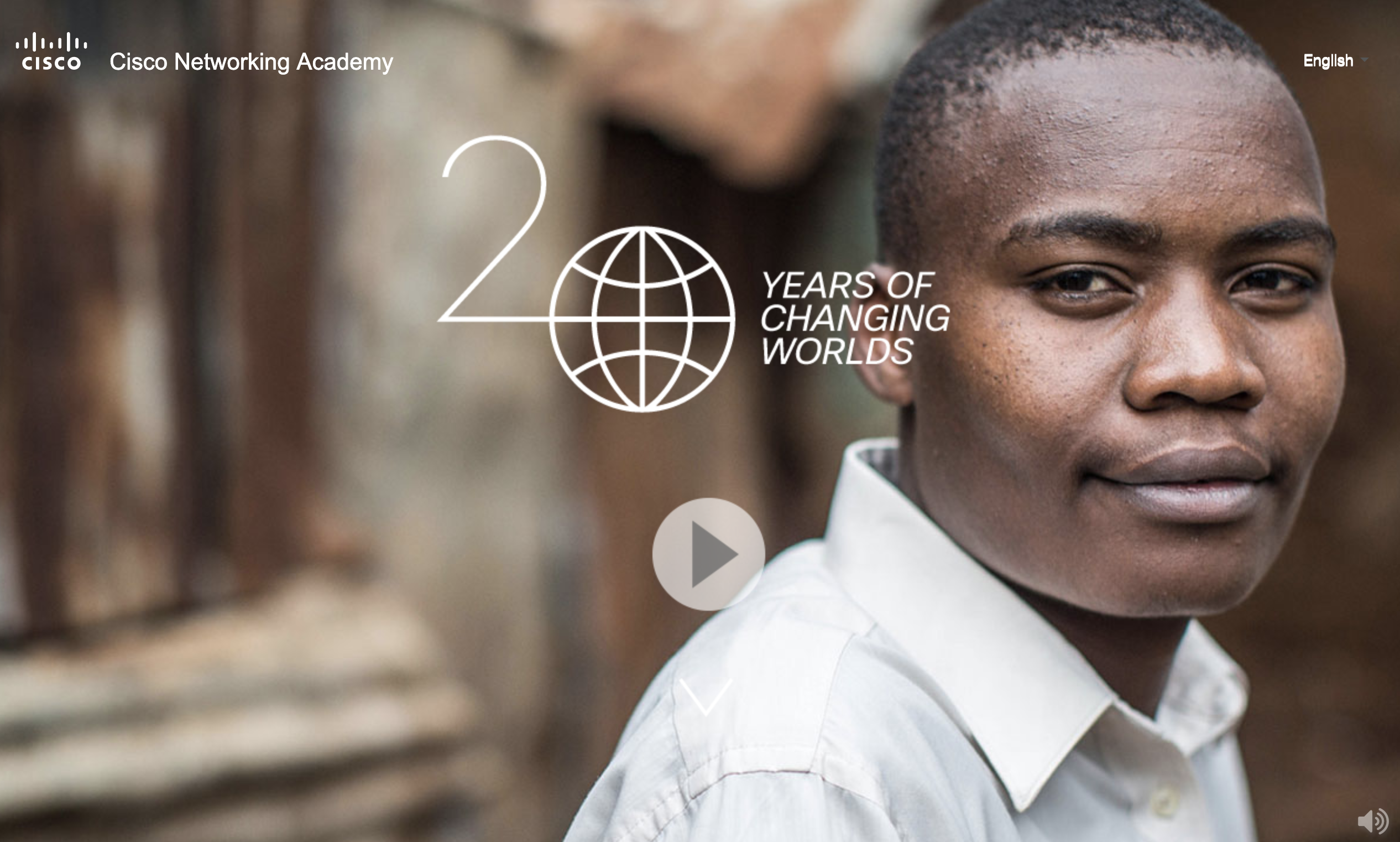
CISCO NetAcad 20Education, UX/UI, Contract, B2B
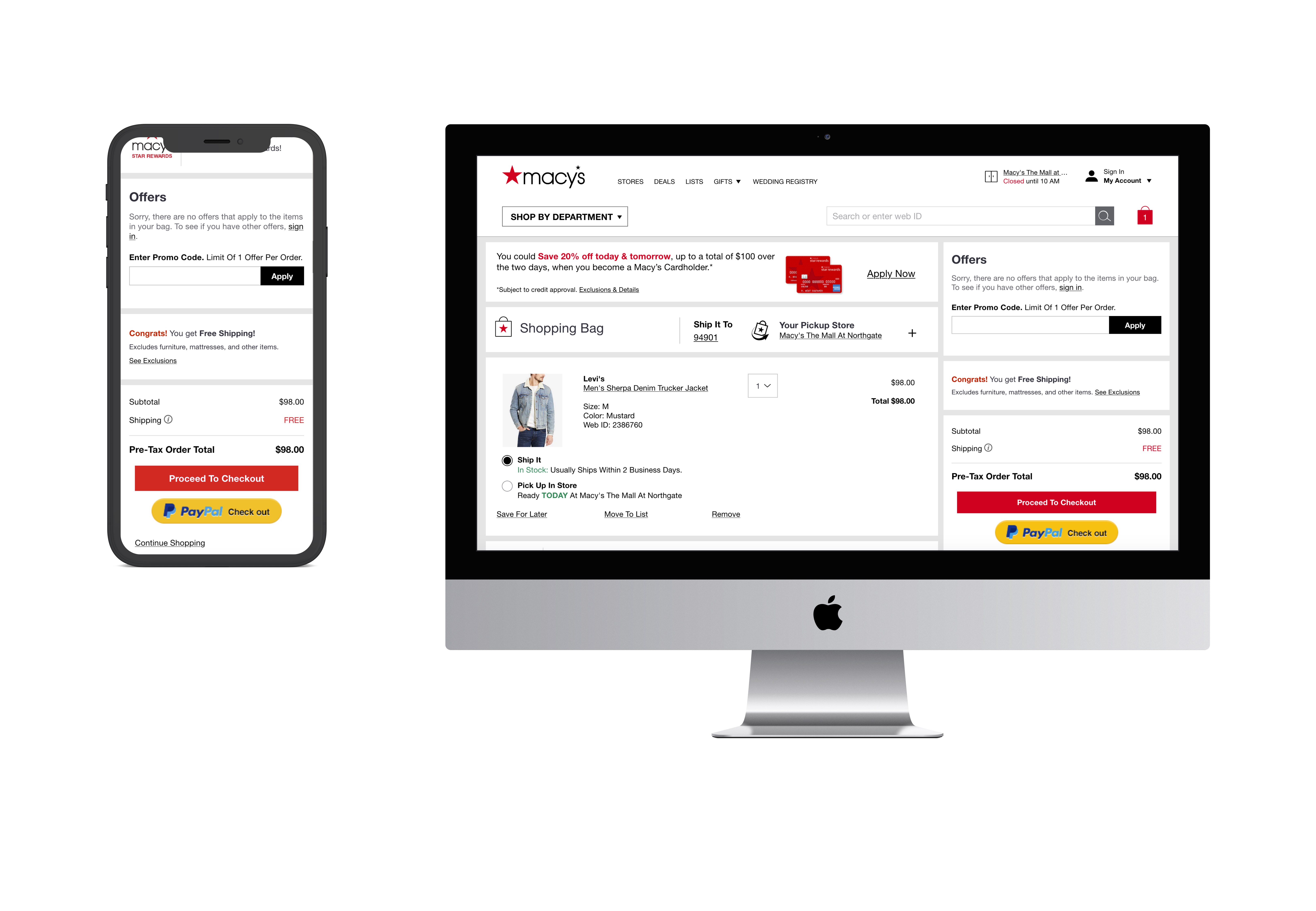
PayPalE-commerce, Enterprise, Payments
Raf Laus, Portfolio. https://rlaus.xyz. © 2024